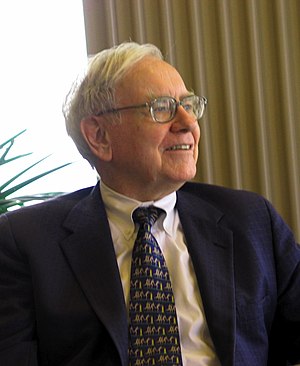Some remarkable changes in our monthly top-10 of most-sought speakers. While most of the listed speakers hold on to their position in the list,
Paul French has entered the triumvirate of top-3 speakers at number 2, clearly a success related to his latest book
Fat China: How Expanding Waistlines are Changing a Nation, where he identifies obesity as a new key problem China has to face in the decades to come. For China's health care yet another Gargantuan dilemma,
caused by the advertisement industry, claims French.
Many other thought-leaders on China seem to prefer to stick other - undeniable giant - challenges has to face, but setting the agenda by re-framing China's challenges in such a way certainly seems to appeal to clients.
Shaun Rein, as usual, has been extremely active in the mainstream media in debating China-related issues, so he still remains very much at the top.
Good news is also the appearance of a new speaker,
Helen Wang, who entered the first ranking right away at the 8th position. Her book, The Chinese Dream, on China's middle class is not yet available, so we have good expectations she might hang on to a top position in the months to come. All too often, when new speakers do not trigger off enough response among mainstream media., clients or otherwise, they often leave this top-10 as fast as they came in.
Wendell Minnick, with his special focus on China's military might, did not face that fate. As the military tensions increase in Asia, the Bureau Chief of Defense News in Taiwan solidly hangs on to the 9th position.
Without further delay, let's turn to the full top-10 of most-sought speakers of September 2010. (
August 2010 in brackets).
- Shaun Rein (1)
- Paul French (7)
- Kaiser Kuo (2)
- William Bao Bean (-)
- Tom Doctoroff (4)
- William Overholt (6)
- Arthur Kroeber (3)
- Helen Wang (-)
- Wendell Minnick (8)
- Jasper Becker (9)
Are you looking for these or other speakers on China-related issues? Do get in touch. Labels: Arthur Kroeber, health care, Helen Wang, Jasper BeckerKaiser Kuo, military, Paul French, Shaun Rein, Tom Doctoroff, Wendell Minnick, William Bao Bean, William Overholt
 Warren Buffett via Wikipedia
Warren Buffett via Wikipedia Helen Wang by Fantake via Flickr
Helen Wang by Fantake via Flickr








































